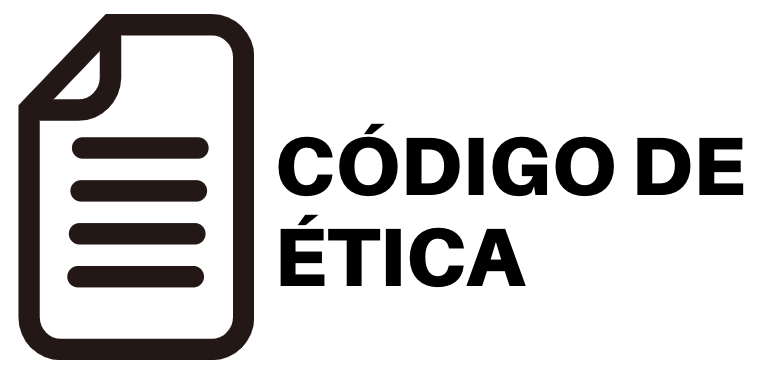Attitudes towards learning in students of unfinished education: A strategy for its strengthening
DOI:
https://doi.org/10.33936/psidial.v3i2.6806Keywords:
learning, motivation, attitudes, schooling.Abstract
In the daily practice of the teaching-learning process, multiple needs are found that are topics of debate in various scenarios; One of them is related to the behaviors of the actors in this process: students and teachers, in this case the students of unfinished education who reveal attitudes that can hinder the achievement of educational goals. In this study of non-experimental design, descriptive scope and mixed approach, the objective was to design a motivational collaborative learning strategy mediated by ICT to improve the learning attitudes of the students of Unfinished Education of the Bahía de Fiscal Educational Unit. Blanket. There was the participation of high school students to whom a Scale was applied to measure attitudes towards school and learning; A semi-structured interview was also applied to the participating teachers. Among the results it can be observed that students feel motivated to learn and finish their studies; However, they show little motivational attitudes towards the institution and require greater support from teachers and classmates. For their part, teachers are aware of the educational needs of students; However, they highlight that there are certain factors such as combining studies with work and family responsibilities that intensify their academic lag. It is concluded that collaborative work and the use of technology considered in the strategy presented as a proposal will serve as support for the achievement of significant learning in students.
Downloads
References
Angenscheidt, L., & Antola, N. (2017). Actitudes de los docentes acerca de la educación inclusiva. Ciencias Psicológicas, 233-243.
Caldeiro, G. (2014). La comunicación en línea y el trabajo colaborativo mediado por tecnologías digitales. Austral Comunicación, 13-30.
Chungata, V. (2023). Atención de Necesidades de Aprendizaje de Estudiantes con Escolaridad. Universidad Nacional de Educación, 7-10.
Endara, D., & Mendoza, M. (2021). La motivación en el proceso de enseñanza aprendizaje de los alumnos del Proyecto FAPT. Latacunga, Ecuador: Universidad Técnica de Cotopaxi.
Flores, J., Velázquez, B., & Moreno, T. (2021). Actitudes, Estrategias y Estilos de Aprendizaje en estudiantes universitarios. Actitudes, Estrategias y Estilos de Aprendizaje en estudiantes universitarios, vol.8.
HERNÁNDEZ, J. P. (2018). Actitudes y estrategias en el aprendizaje escolar.
MEDISAN. (11, 2011,). MEDISAN. Las actitudes interferentes hacia el aprendizaje y su corrección: una propuesta desde la, 1656-1663.
Moraguez, A. (2006). El método Delphy. GestioPolis.
Revelo-Sánchez, O., Collazos-Ordóñez, C., & Jiménez-Toledo, J. (2018). El trabajo colaborativo como estrategia didáctica para la enseñanza/aprendizaje de la programación: una revisión sistemática de literatura. Tecno Lógicas, 115-134.
Robles, P., & Rojas, C. (2015). La validación por juicio de expertos: dos investigaciones cualitativas en Lingüística aplicada. Revista Nebrija, 1-10.
Rogers, 2. K. (2005). ACTITUDES HACIA ESCUELA Y EL APRENDIZAJE. Trad. J. Tourón.
UNESCO. (2017). Garantía de un aprendizaje efectivo y relevante para todas las personas. Garantía de un aprendizaje efectivo y relevante para todas las personas.
Downloads
Published
Issue
Section
License
Copyright (c) 2024 Jorge Bryan Rodríguez Laz, Leonor Alexandra Rodríguez Álava

This work is licensed under a Creative Commons Attribution-NonCommercial-ShareAlike 4.0 International License.


















